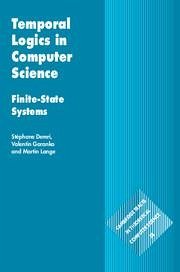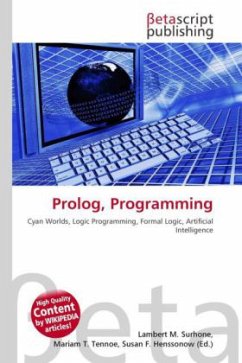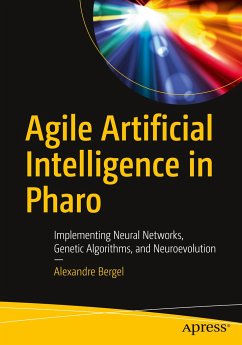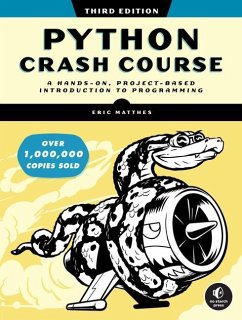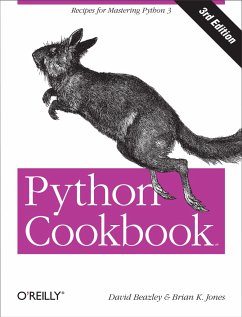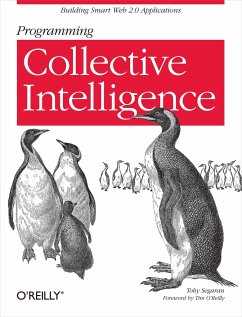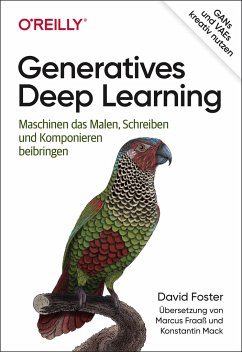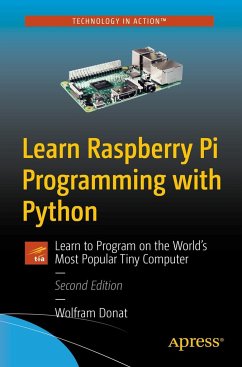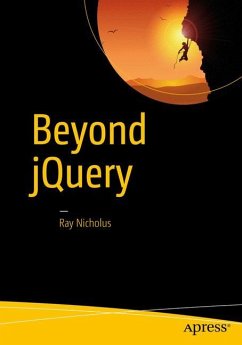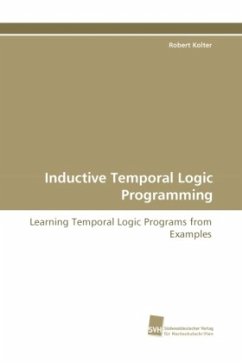
Inductive Temporal Logic Programming
Learning Temporal Logic Programs from Examples
Versandkostenfrei!
Versandfertig in 6-10 Tagen
64,99 €
inkl. MwSt.

PAYBACK Punkte
32 °P sammeln!
We study the extension of techniques from Inductive Logic Programming (ILP) to temporal logic programming languages. Therefore we present two temporal logic programming languages and analyse the learnability of programs from these languages from finite sets of examples. In first order temporal logic the following topics are analysed: How can we characterize the denotational semantics of programs? Which proof techniques are best suited? How complex is the learning task? In propositional temporal logic we analyse the following topics: How can we use well known techniques from model checking in o...
We study the extension of techniques from Inductive Logic Programming (ILP) to temporal logic programming languages. Therefore we present two temporal logic programming languages and analyse the learnability of programs from these languages from finite sets of examples. In first order temporal logic the following topics are analysed: How can we characterize the denotational semantics of programs? Which proof techniques are best suited? How complex is the learning task? In propositional temporal logic we analyse the following topics: How can we use well known techniques from model checking in order to refine programs? How complex is the learning task? In both cases we present estimations for the VC-dimension of selected classes of programs.



